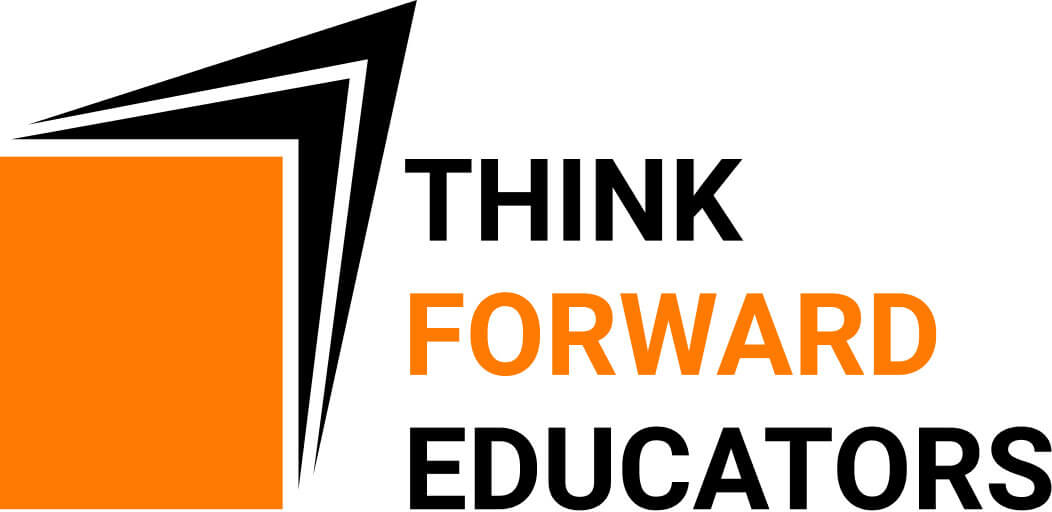
Research from an Alumnus and Boosting Participation Rates
We’re excited to share some alumni news – James Pengelley from All Saints’ College, has recently published new research into how the use of computers for assessments impacts on students’ cognitive load. His research concluded that paper and computer assessments affect learners differently, with computer assessments adding additional cognitive load for more demanding tasks, leading to lower scores for more difficult items. James Pengelley’s work underscores the importance of designing assessment practices to ensure teachers, educators, and policy makers are fairly and equitably testing content rather than creating assessments that place learners under an unnecessary testing load. His research questions previous findings that computer-based assessments can be conducted without negative consequences on test outcome and calls for further research into the impact of different testing modes on students. A huge congratulations to James for such outstanding research on a very important topic!
Read James’ article here: A Testing Load: Investigating Test Mode Effects on Test Score, Cognitive Load and Scratch Paper Use with Secondary School Students
School Plus’ Partnership Opportunities
Applications for School Plus’ Partnership Opportunities will be open on Monday, 7th August! Partnerships are designed to provide schools with the resources and support they need to create sustainable change within their communities through funding, coaching, and program management support. Don’t miss this incredible opportunity, we strongly encourage schools to apply. Learn more by clicking on this link.
Three resources for our alumni

Boosting the participation ratio during our explanations
How can we make sure our students are listening, thinking and understanding? In this article, Craig Barton shares some easy-to-use strategies to ensure students aren’t opting out of the thinking when the teacher is explaining.

Are SEND children different?
Monique Nowers explains that students with special educational needs learn the same way as their peers but face greater barriers to education and are more vulnerable to ‘imperfect teaching’. By breaking down content into attainable steps and providing enough practice, teachers can effectively accommodate the differences of these learners.

Five Ways to use Worked Examples – Think Forward Educators
This blog post by maths guru, Alex Blanksby, shares how using worked examples can be more effective in enhancing understanding than getting students to attempt unfamiliar problems independently. The author gives some strategies for how to use these effectively in the mathematics classroom.
